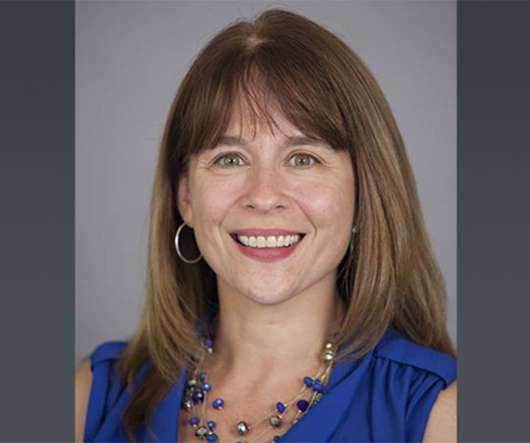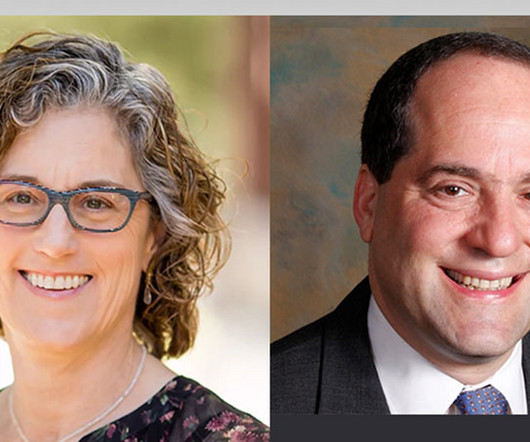Social Workers as Leaders on Palliative Care Teams: A Podcast with Barbara Jones
GeriPal
SEPTEMBER 1, 2022
Social workers augment a team’s ability to provide whole-person care, often aiding to identify and meaningfully address the wide variety of challenges and unmet needs faced by individuals and families facing serious illness. Barbara: Oh, I think it was 2013. Founding board member of SWHPN? Is that right? Barbara: Yes.












Let's personalize your content